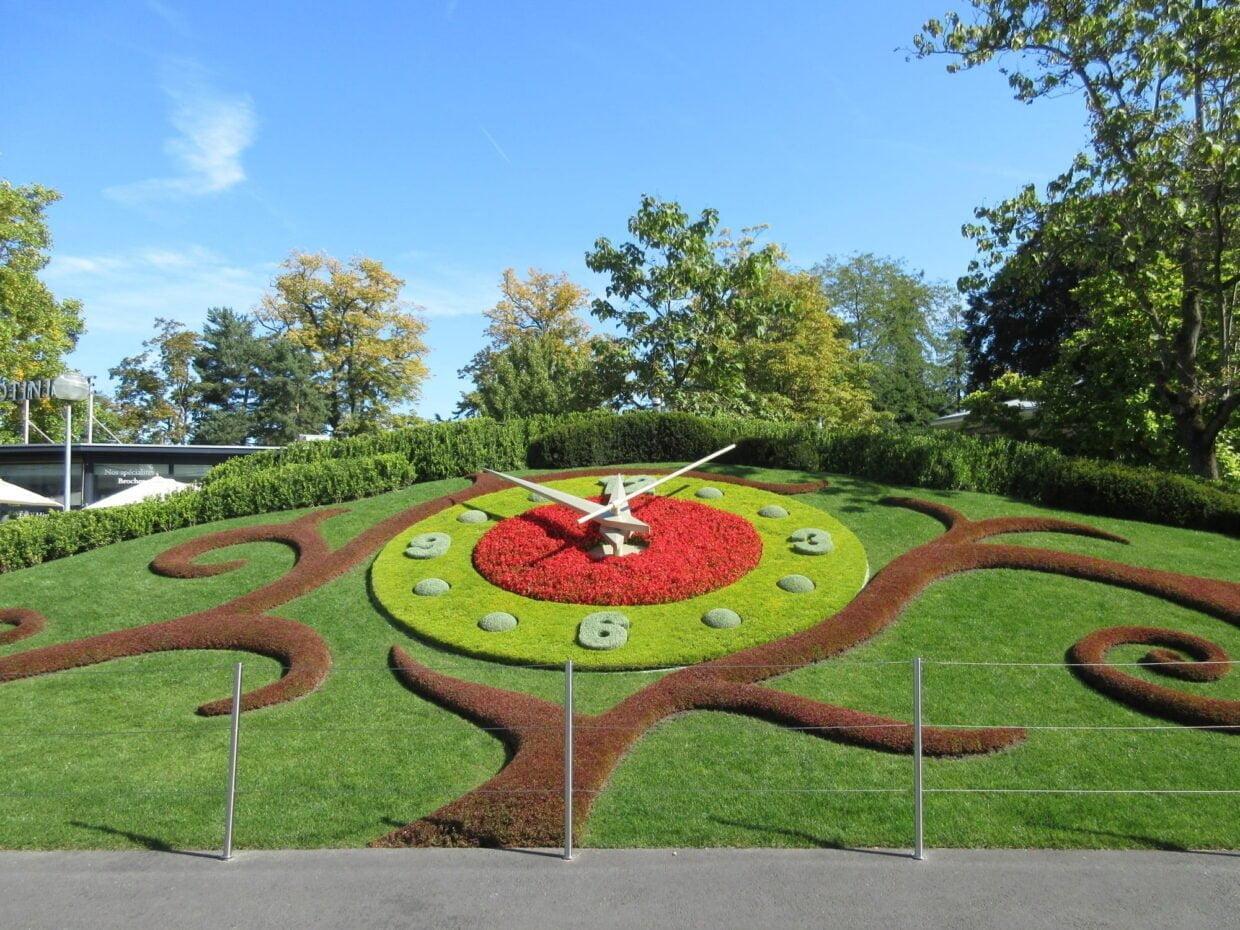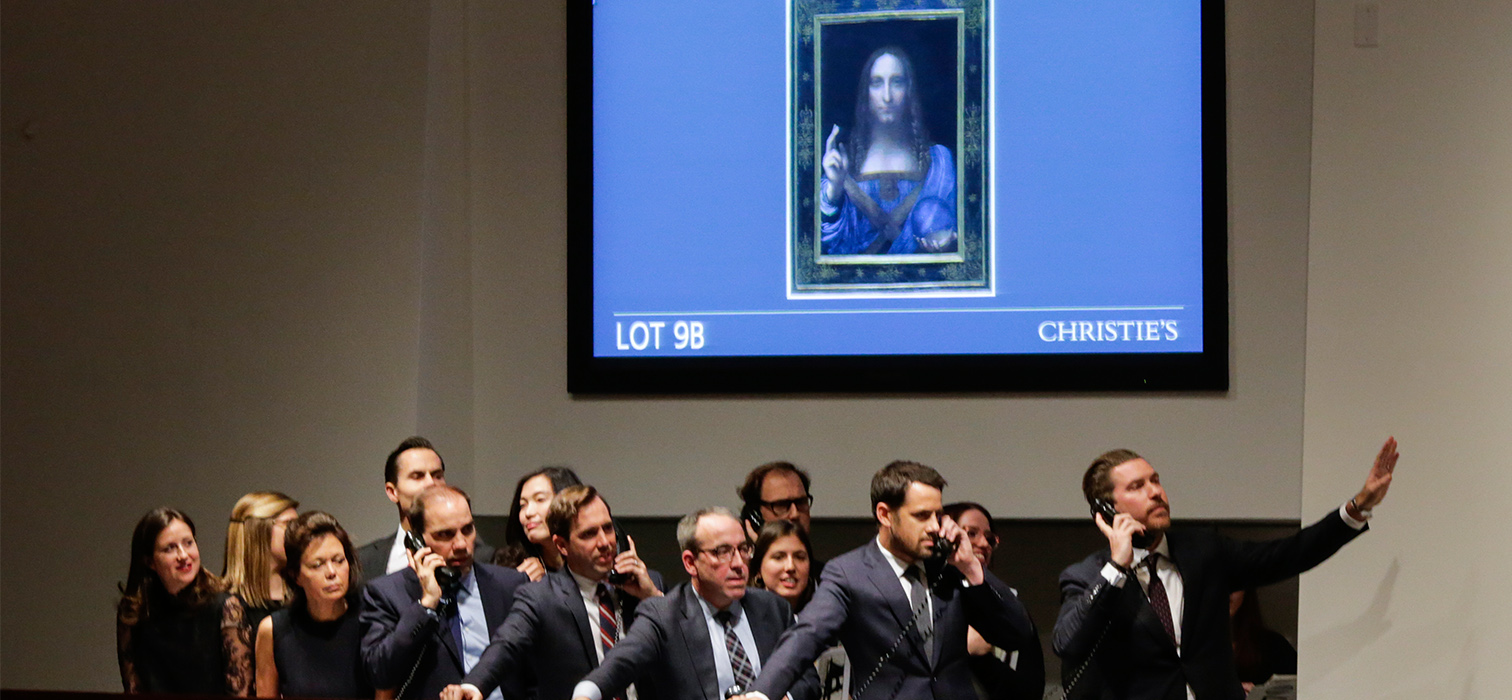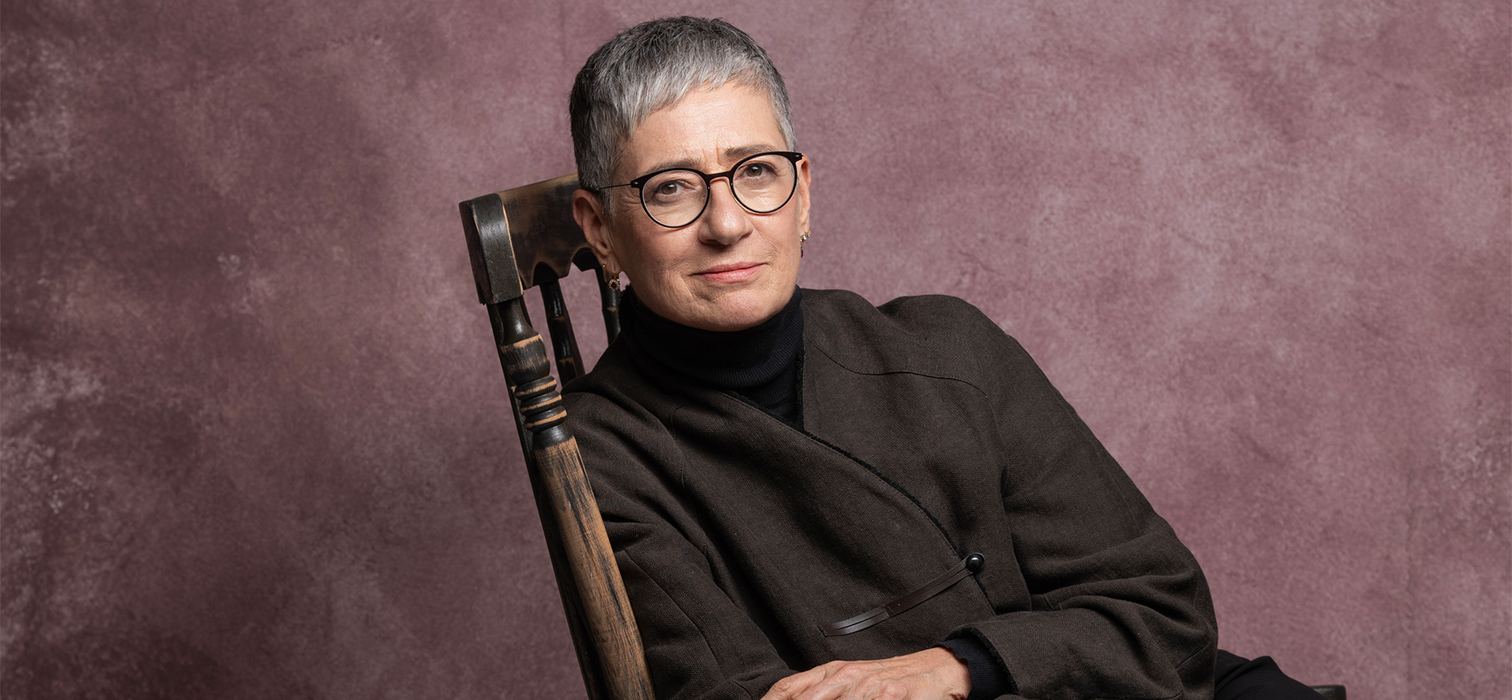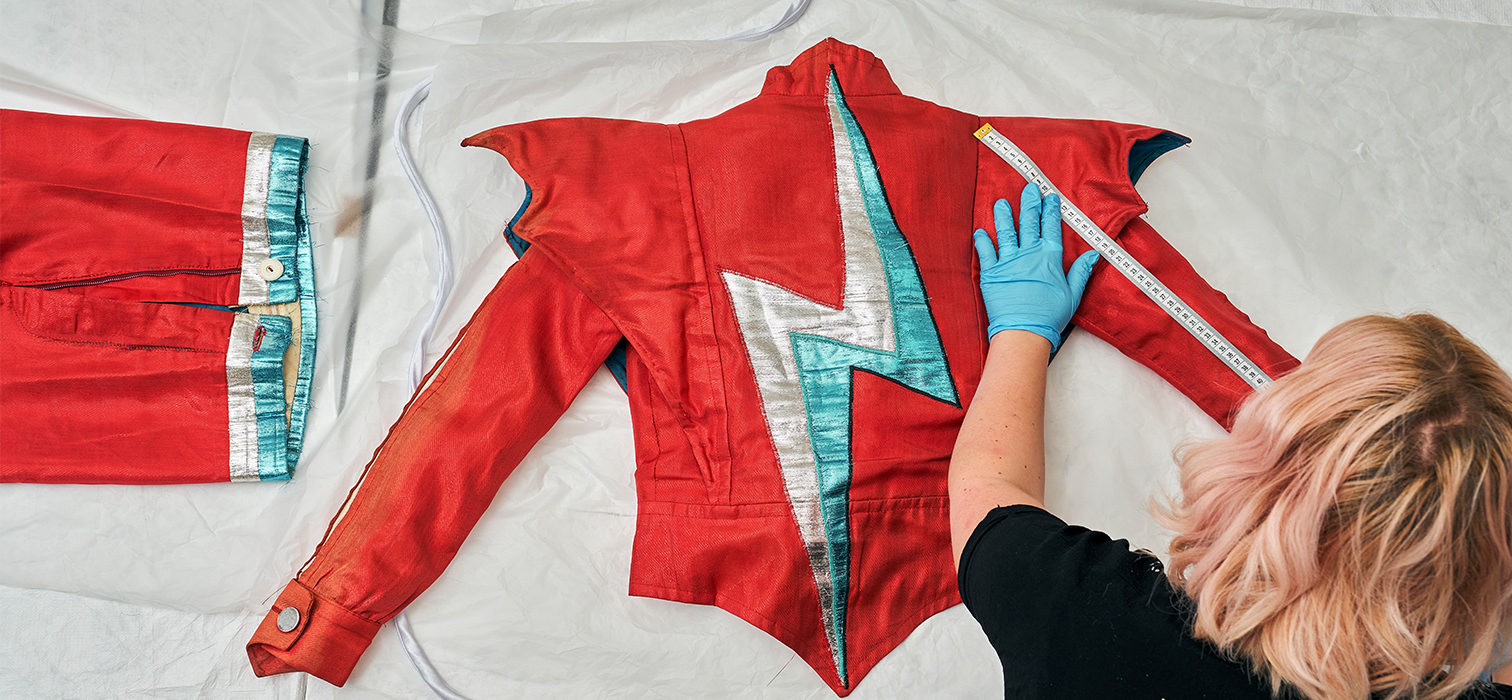Art in the Capital of Watchmaking
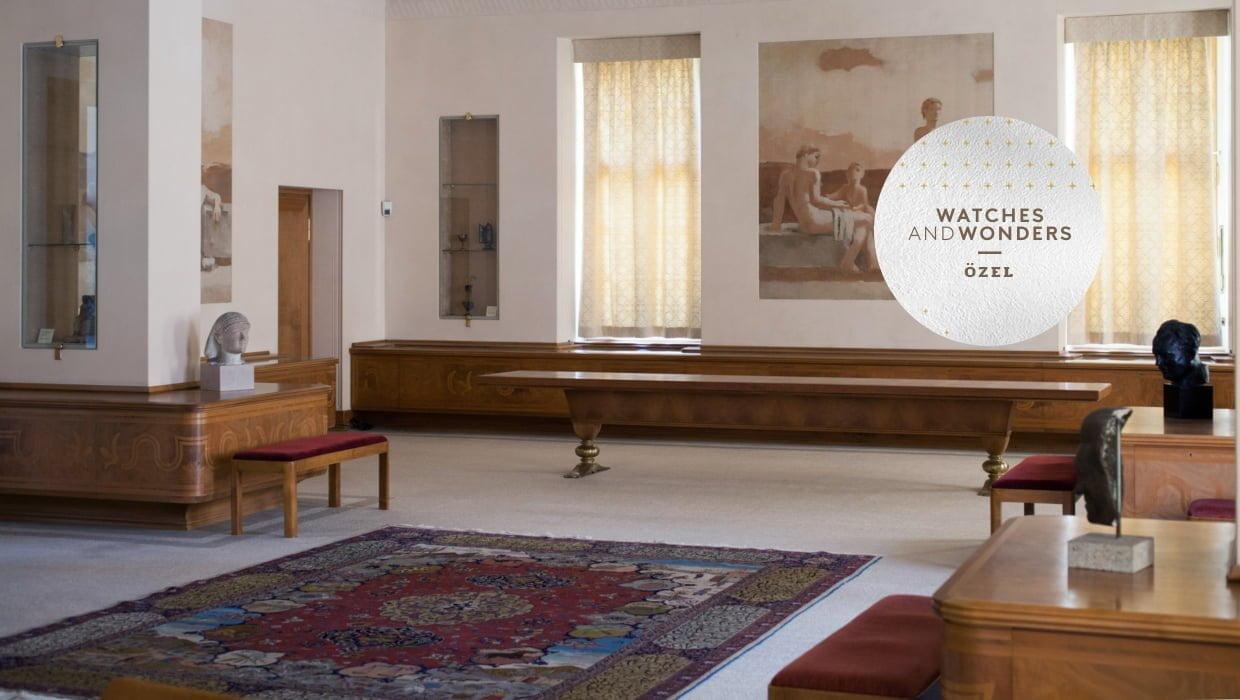
Başlık ekle
The heart of time beats these days on the dial of dozens of watches introduced in Geneva. Although Watches & Wonders won’t be physically able to happen this year, the entire watch community will be there digitally for the new watches to be introduced. We hope we can go to Geneva next year for Watches & Wonders, and take a look at the city’s leading museums and art galleries, which we can see when we go.
Geneva Ethnographic Museum
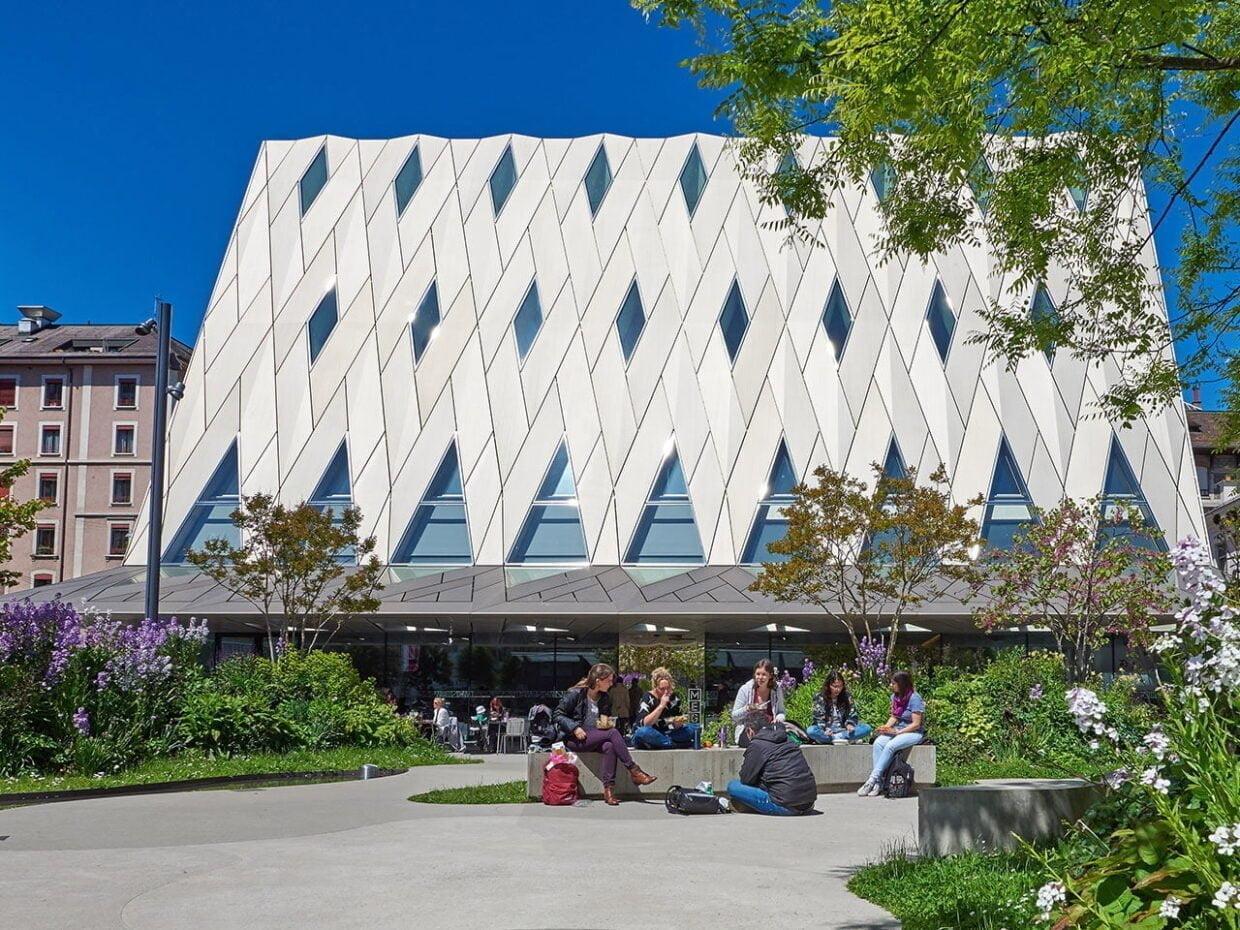
The Ethnographic Museum of Geneva was established in 1901 at the initiative of Professor Eugene Pittard, the first chair of anthropology at the University of Geneva. Pittard collected his collections of general and private anthropology, mostly from the Archaeological Museum and Musee Arina; and from the Geneva Historical Museum and the Geneva Ethnographic Museum.
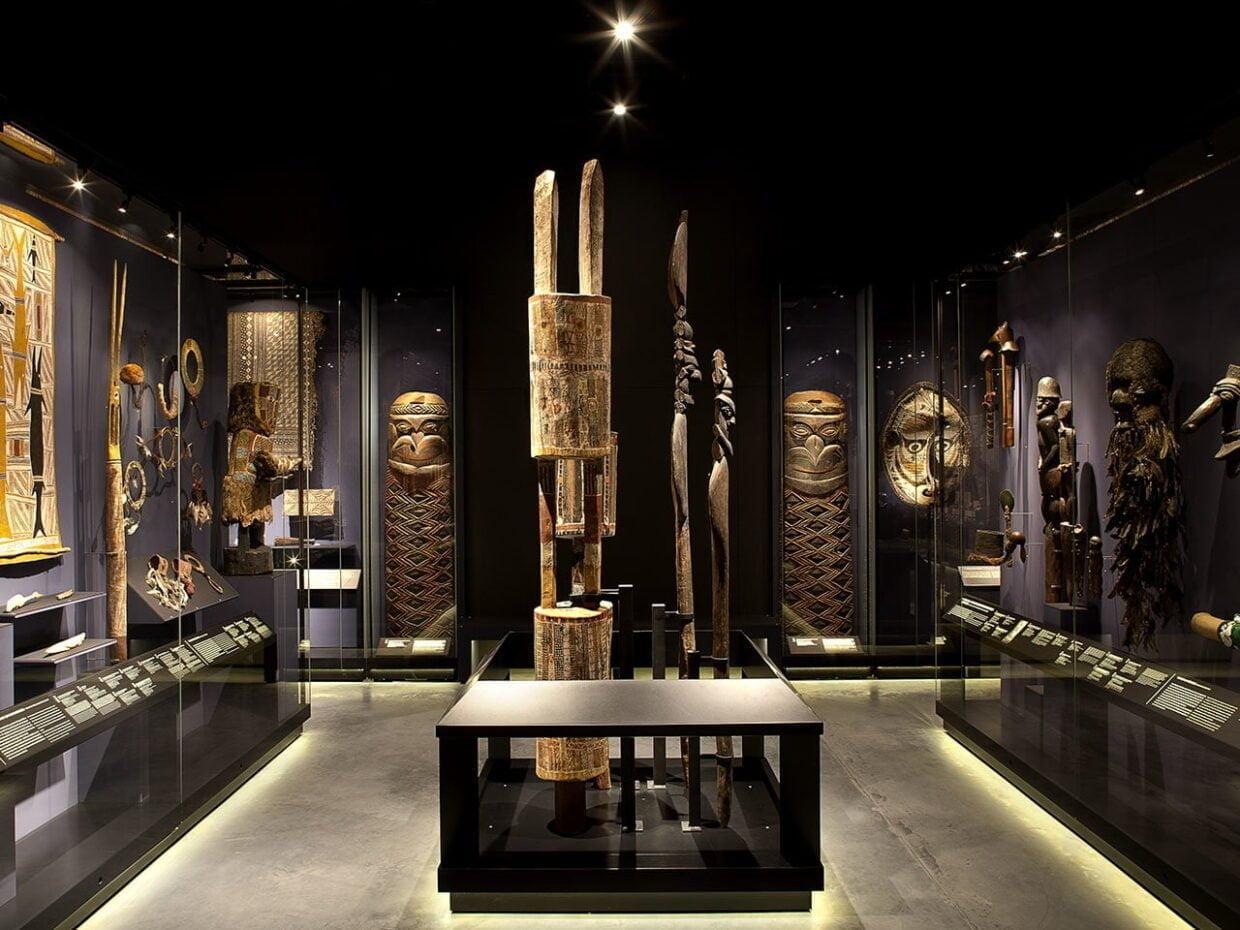
Although the museum has moved to various buildings since it’s inception, its last building, where it is today, opened in 2014 after four years of work. The last building of the museum today attracts attention at first glance with it’s pagoda-shaped exterior architecture. The Ethnographic Museum of Geneva was awarded the European Museum of the Year award in 2017.
Geneva Museum Of Natural History

The Geneva Museum of Natural History is the largest museum of Natural History in Switzerland, with almost half of the country’s collections. 18 on the museum site. collection and research work, which began towards the end of the century, has continued to grow to this day.
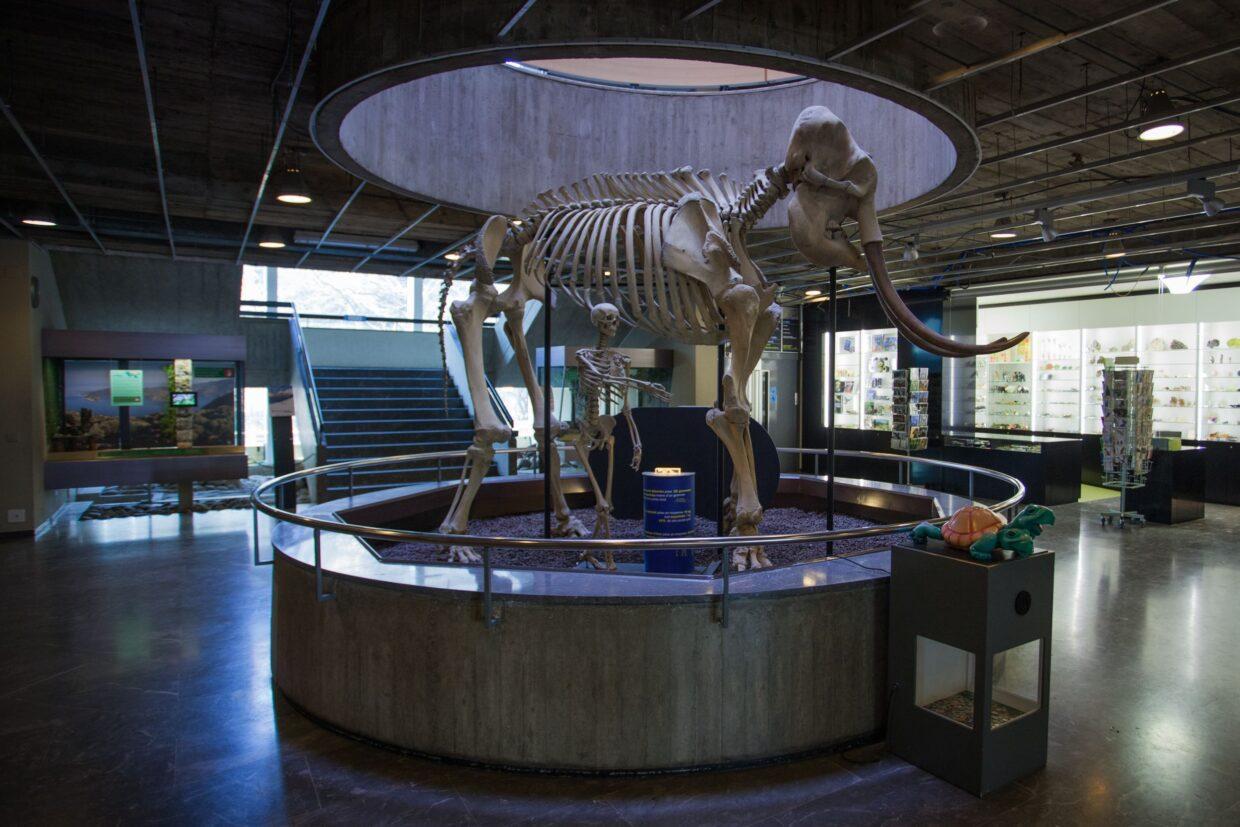
Some 15 million specimens of the species are on display in the museum. The museum’s collections include the legacies of important names such as Fatio, Forel, Jurine and Saussure.
Patek Philippe Museum
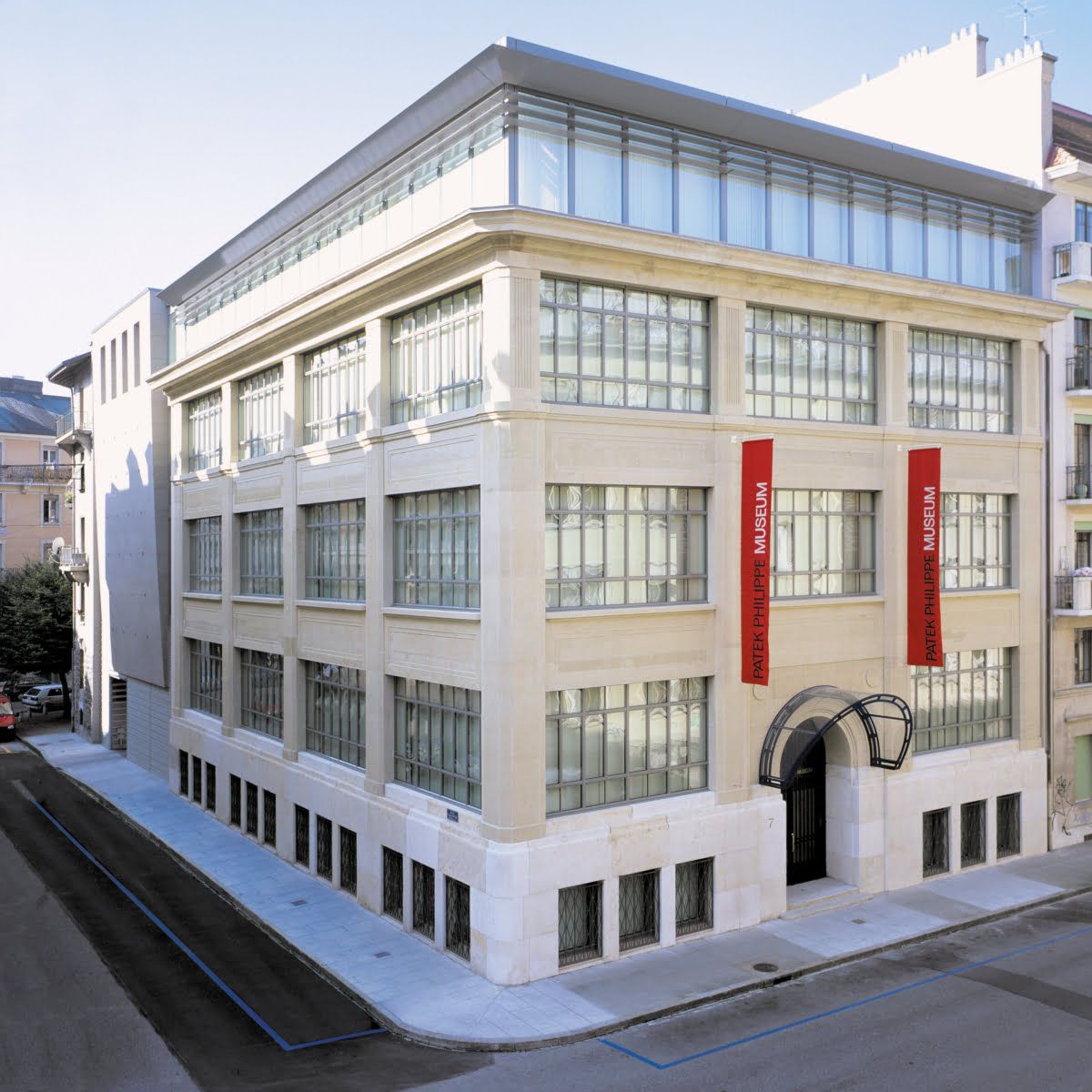
The Patek Philippe Museum, which you read in our travel article, is a “watch temple” born out of Philippe Stern’s passion for watches.
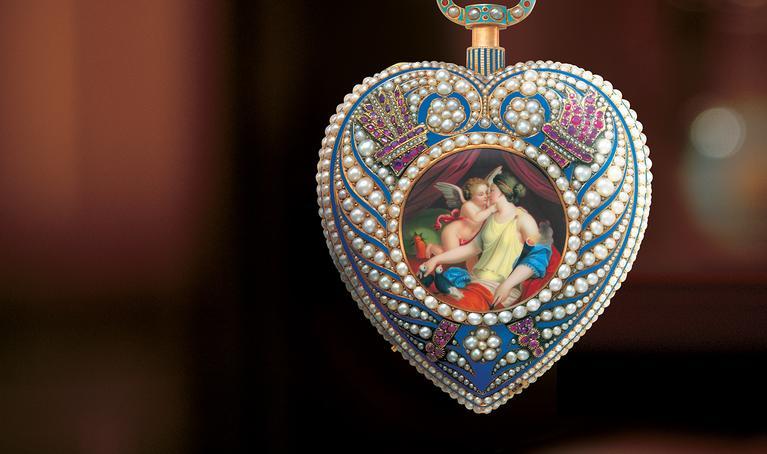
Housed in a fully restored Art Deco building from the Plainpalais area in Geneva in 2001, the museum holds five centuries of watchmaking history in two separate collections: The first collection is a collection of antiques, 16th. It contains the earliest timepieces made from the century onwards, and the Patek Philippe collection from 1839 onwards. The second collection also includes calibre 89, which proves that the brand has produced the best watches in the world for more than 175 years. The museum also houses a library with more than 8,000 books on time and measurement of time.
Geneva Museum of Art and History
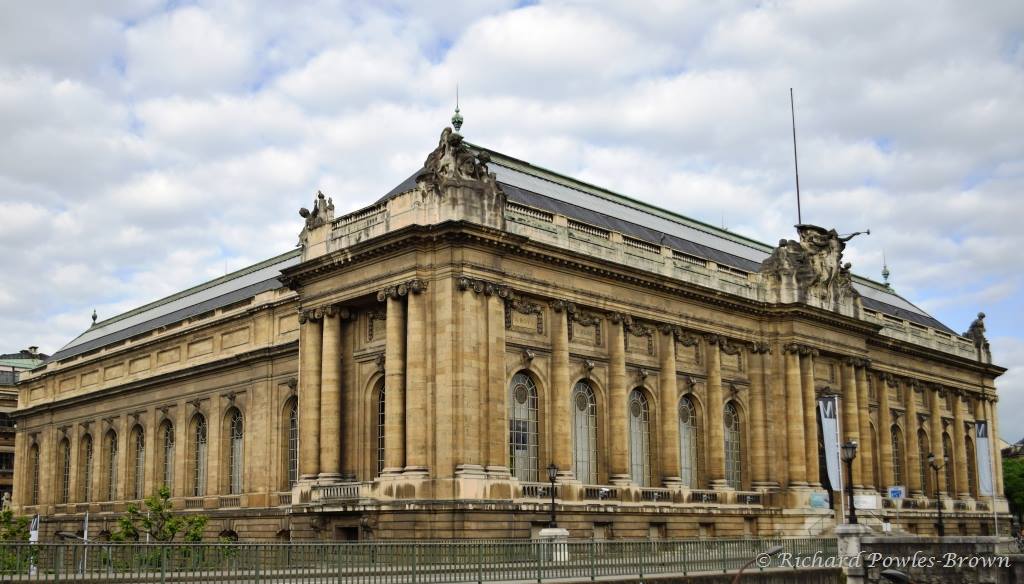
The Geneva Museum of Art and History, the largest art museum in Geneva, is located in Les Tranchees in the city centre, on the site of the Old City Wall; It was built between 1903 and 1910 by the architect Marc Camoletti. The exterior of the museum was designed by sculptor Paul amlehn. On the friezes on the ceiling of the building are inscribed the names of the Genoese artists Dassier, Baud-Bovy, Saint-Ours, Agasse, Töppfer and Petitot. The history of the museum as an institution goes back a little further than the building to 1826 and is based on the Musee Rath and the Musee des Beaux-Arts.
After half of the 19th century, a new building was needed with the museum’s collection, which was thoroughly expanded. In 1900, as a result of a competition in Geneva for a new museum building, and thanks to the legacy of Charles Galland, the new museum building was built. The works of Italian, Dutch, English and Genoese artists are including in the collection, which dates back to the Middle Ages to 20thcentury. The most famous work on display in the museum is “The Miraculous Draft of Fishes” (1444) by Konrad Witz.
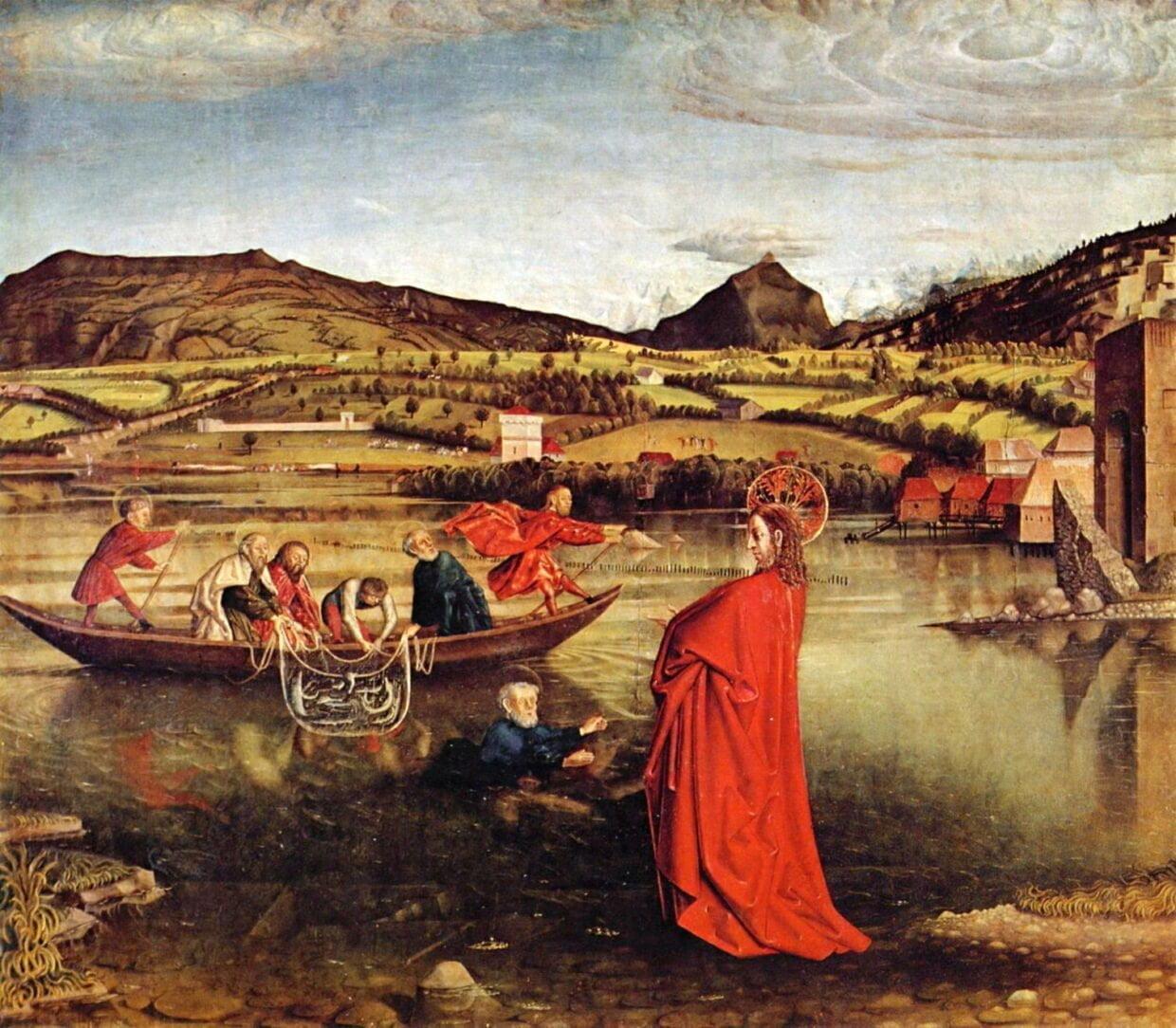
Department of Archaeology houses findings from Ancient Egypt (m.He. 9. including a mummy from the century), the Kingdom of Kerma from Sudan, the Near East and Roman period, as well as a medallion cabinet.
House of Rousseau and Literature
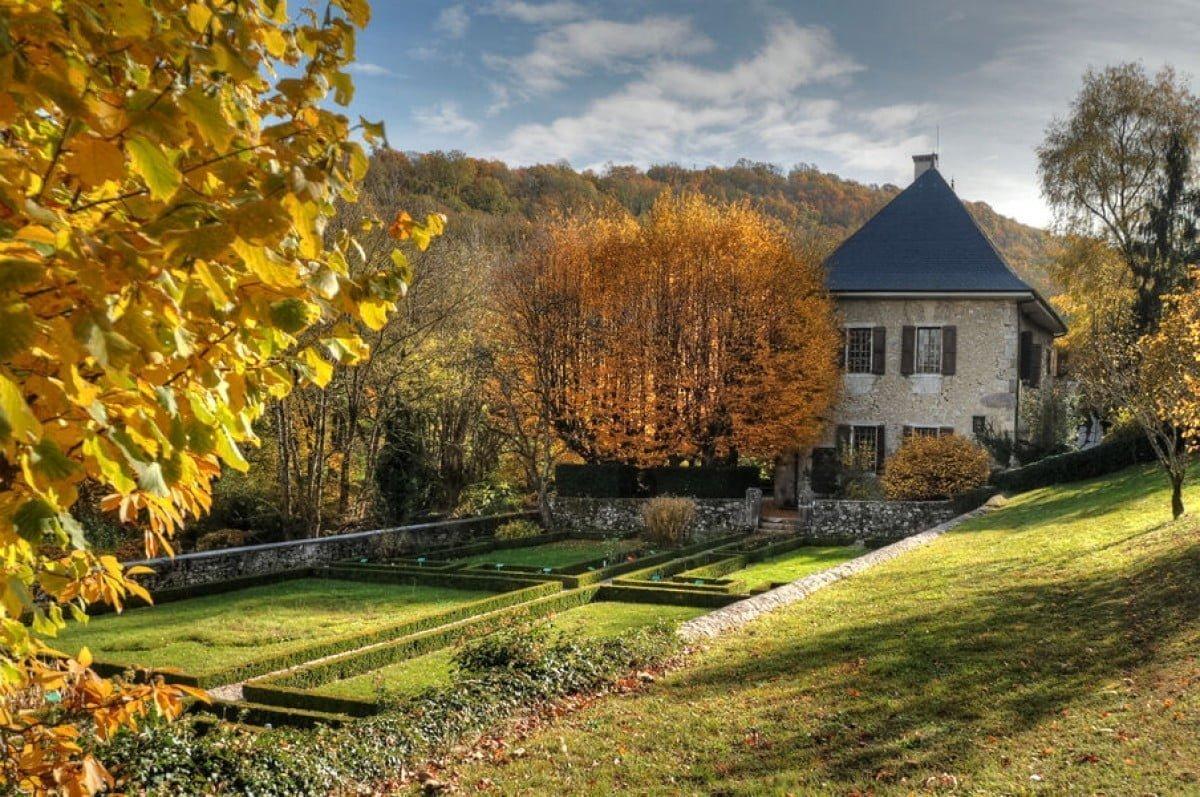
Founded in the house where Jean-Jacques Rousseau (1712-1778), one of the most important writers in the history of literature, was born, the House of Rousseau and literature takes it’s visitors on a journey that informs them about the author’s life and works.
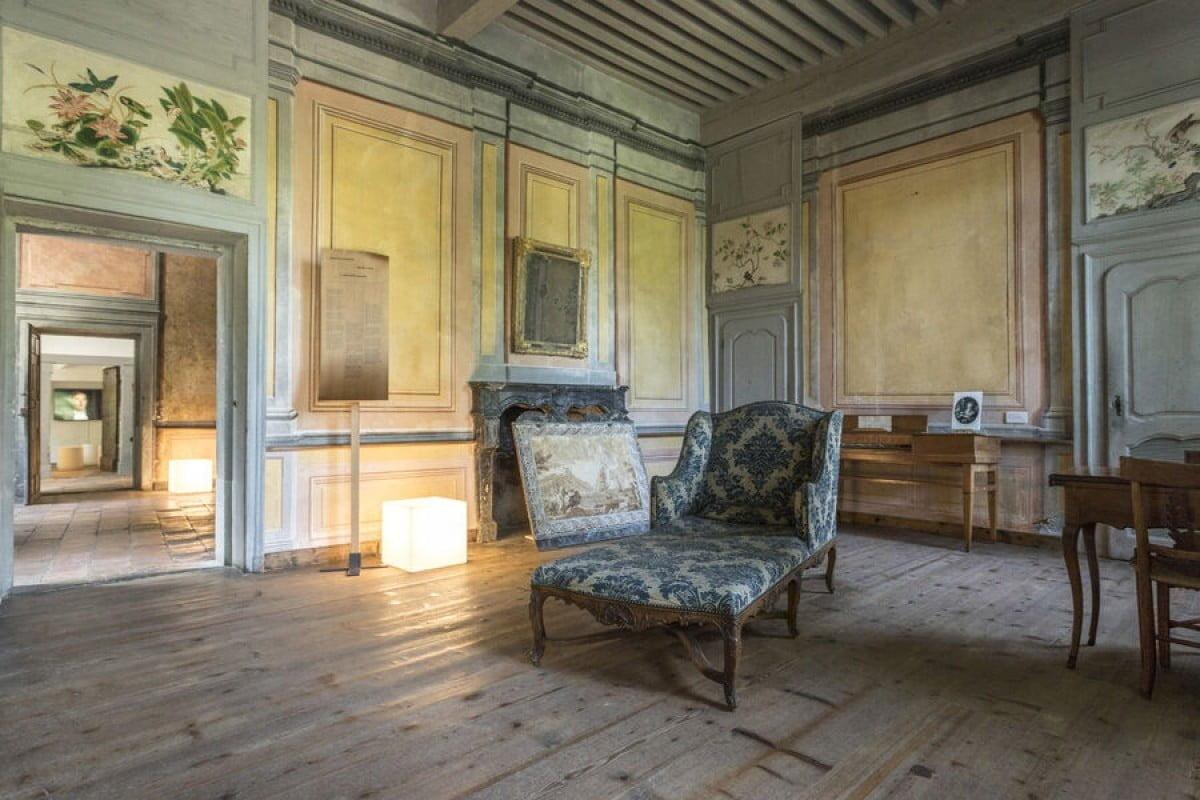
Both visual and audio recordings offered by the museum almost revive the unique life of the great philosopher and writer. The door to Rousseau’s house opens towards the author’s life and the age of Enlightenment.
International Reform Museum
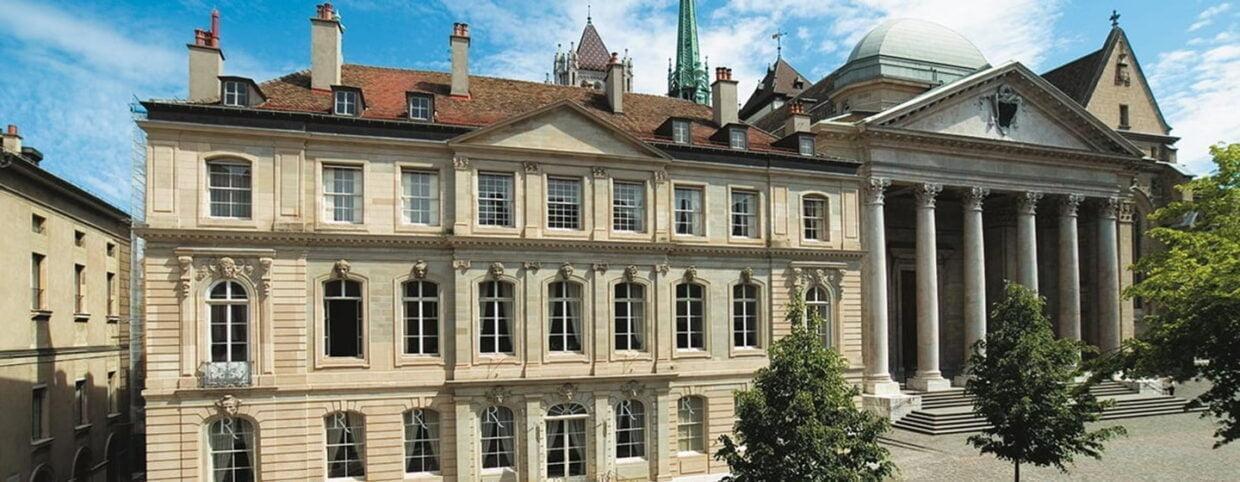
The international Reform Museum opened in 2005 on the site of the former convent of Saint Pierre, in the symbolic structure Maison Mallet, built in 1723 by the descendants of Huguenot immigrants (Protestants fleeing France). According to the principles of the Protestant faith, the magnificent costumes, sculptures, relics and paintings that would deter believers from their beliefs, so the church was created without all of these. So the museum has little left to display from that time: A few portraits, books and manuscripts, but all of these are not very interesting pieces, except for academic visitors.
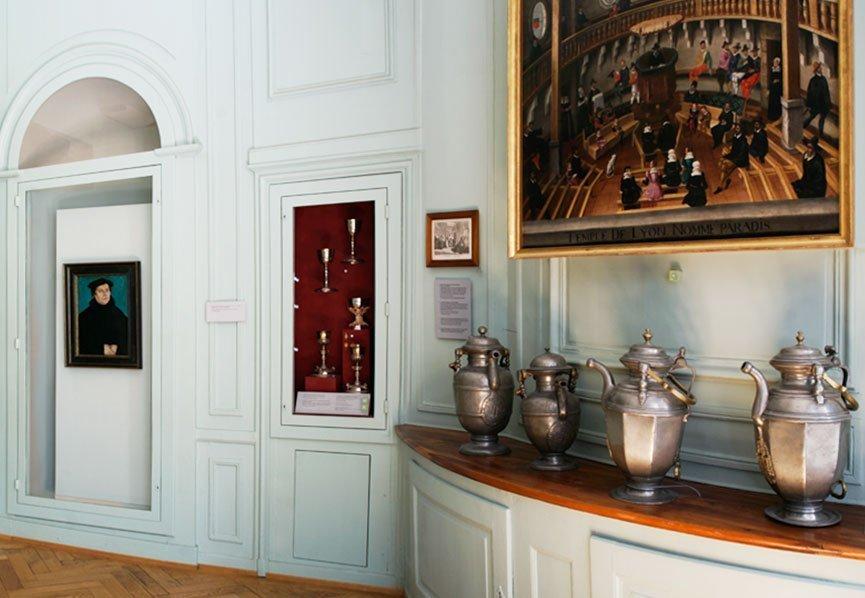
Fortunately, the president of the Foundation, Professor Fatio, has managed to collect artifacts from around the world to present 500 years of history in Geneva through his collaborations. In addition, many private donors and collectors supported Fatio, increasing the diversity of the museum.
Bodmer Foundation

If you’re as interested in books as watches, the Bodmer Foundation is one of the places that you should see before leaving town. The Bodmer Foundation, founded by collector, scholar and bibliophile Martin Bodmer, consists of a fairly large collection of books.
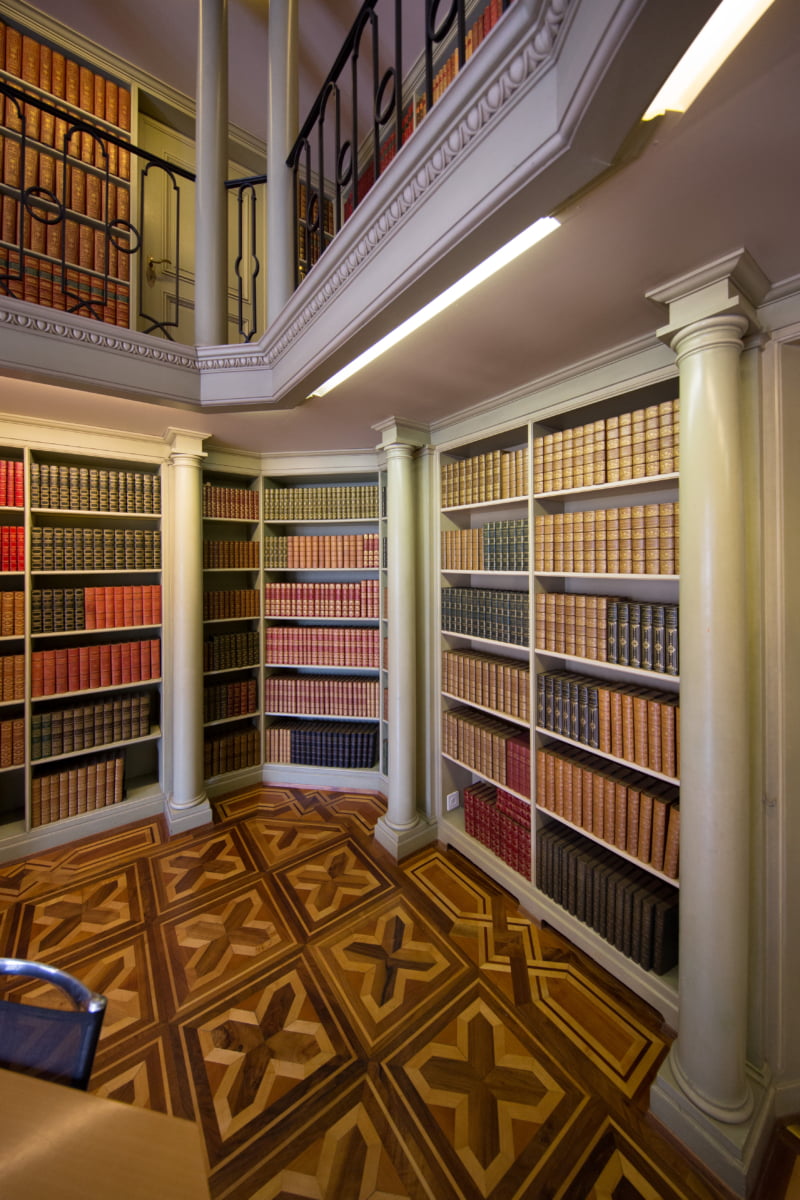
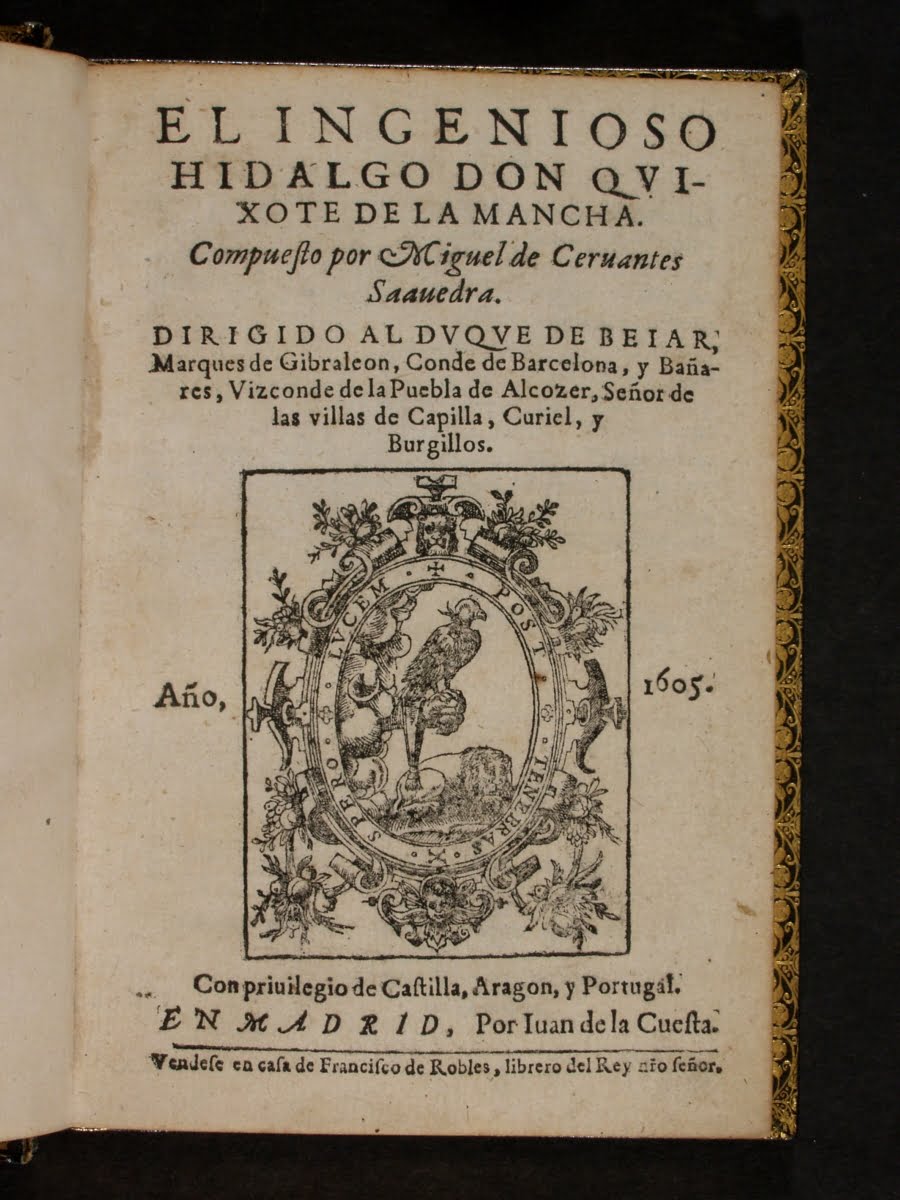
The 150,000-piece collection includes books from private collections and the oldest historical manuscripts you can ever see. Many rare works can be found here, including the only Gutenberg Bible in Switzerland, copies of the Egyptian Book of the dead, and copies of Grimm’s fairy tale.
Ariana Museum

The Ariana Museum, also known as the Swiss Museum of ceramics and glass, is based on ceramic and glass arts. The museum represents the historical, geographical, artistic and technological breadth of the period with approximately 20,000 objects belonging to 1200 years. The museum’s collection is the only one of it’s kind in Switzerland. Ariana Museum, built between 1877 and 1884, features neoclassical and neobaroc architecture.
GENEVA ART GALLERIES
After the museums, we can go on a journey to the Quartier des Bains, Geneva’s art street, to track down Contemporary Art.
Blancpain Contemporary Art Gallery
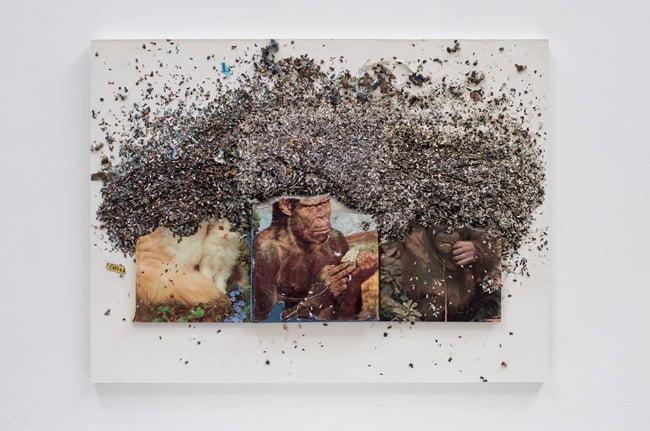
Founded in 2006, Blancpain is essentially an art gallery renowned for promoting contemporary and up-and-coming artists. Intertwining the new with the built one, Blancpain’s walls are often adorned by various media and artworks. One of Jonathan Callan’s works on display in the gallery
Sébastien Bertrand Gallery
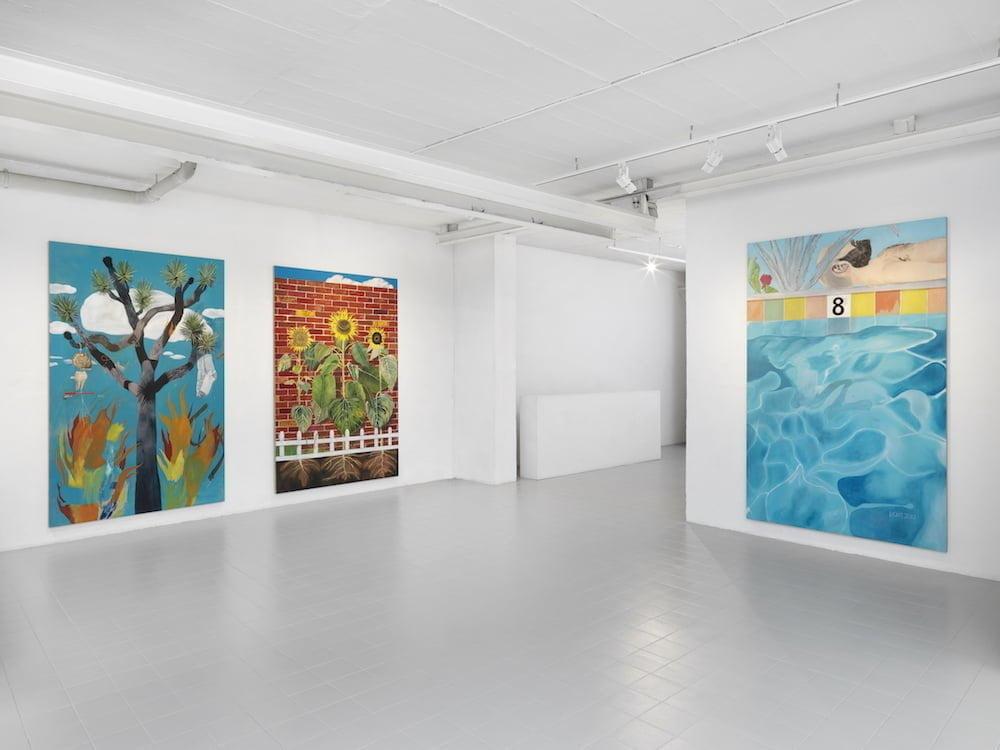
The main purpose of the gallery is to support emerging international artists, but also to showcase works by artists whose works have never been exhibited in Switzerland before.
Halle Nord Gallery
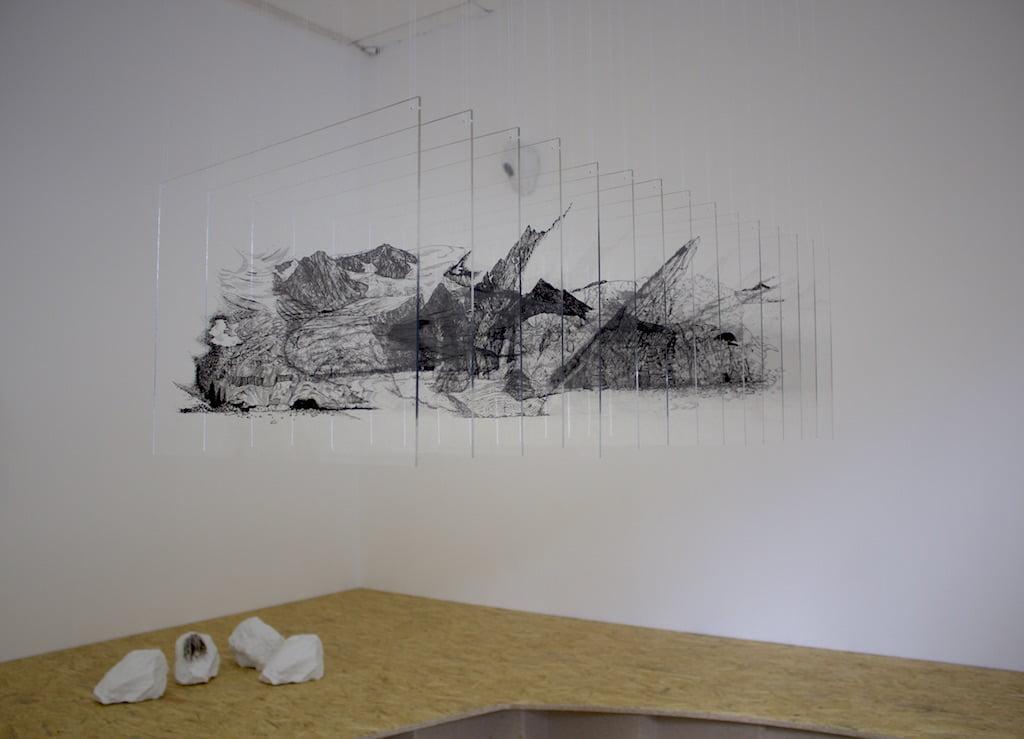
Managed by an Artists ‘ Association, the gallery collaborates with various cultural institutions and artists of Geneva to organize exhibitions of experimental and aesthetic originality. That’s why he describes himself as “half-gallery, half-art center.” The gallery examines the conceptual background of art in various branches, from video and light installations to photography, sculpture, painting.
Kolly Gallery

Kolly Gallery is an art gallery displaying vibrant and colourful street graffiti. The Kolly Gallery, which basis in Zurich and Geneva, offers a modern, spacious and stylish art spaceIt represents the historical pioneers, established and rising heroes of graffiti art.
Gagosian
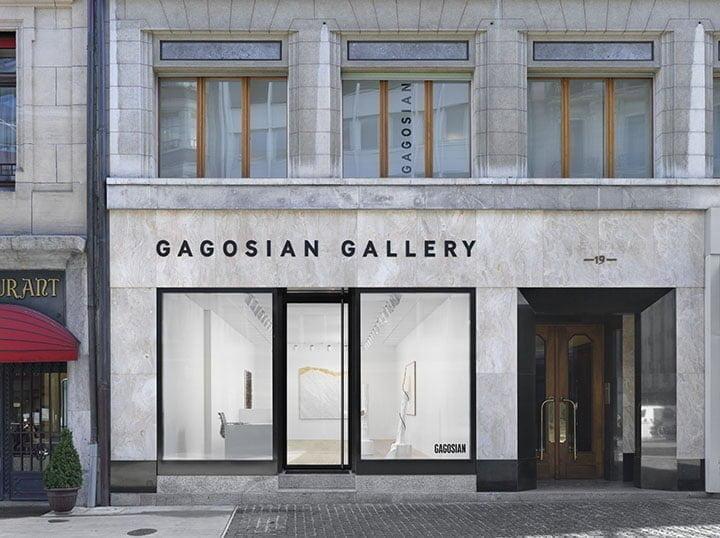
It is also possible to visit Gagosian, one of the world-famous art galleries in Geneva.
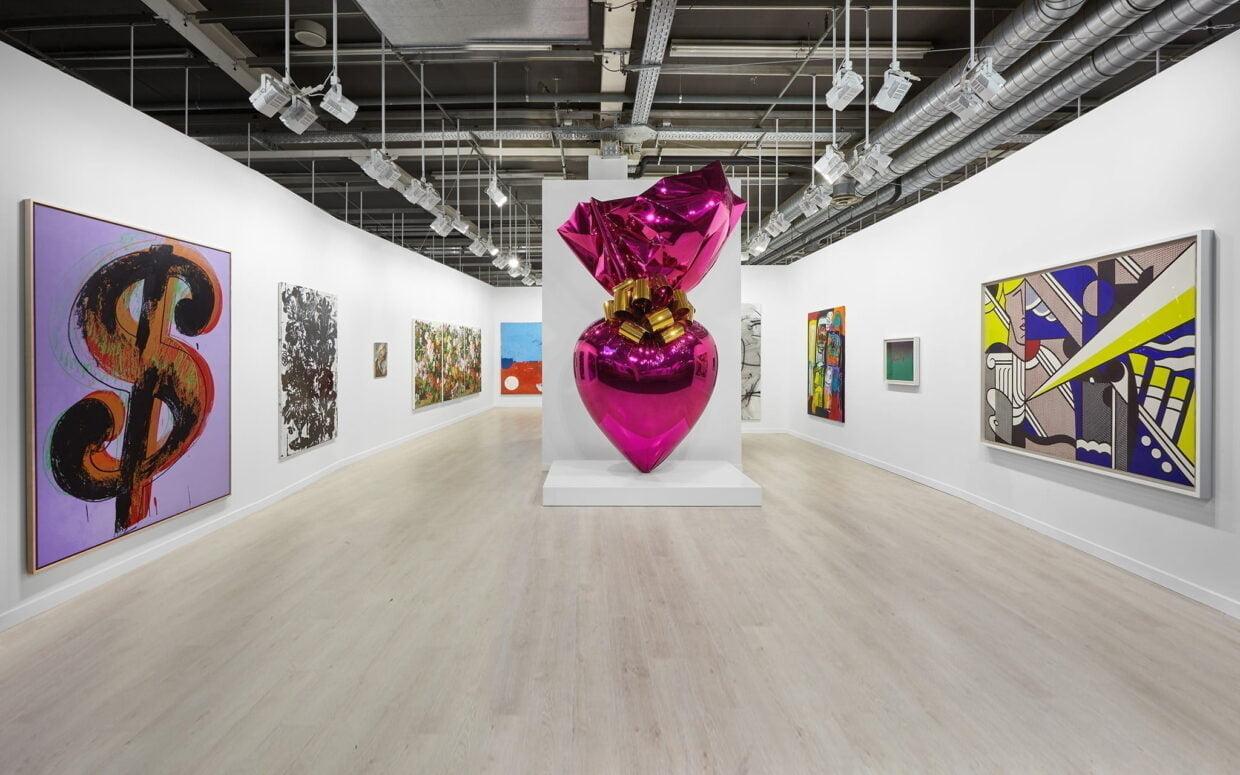
The gallery, which houses works by many contemporary artists, is closed these days as part of measures Covid19, but it will certainly be one of our routes to visit when life returns to normal.
Centre de la Photographie
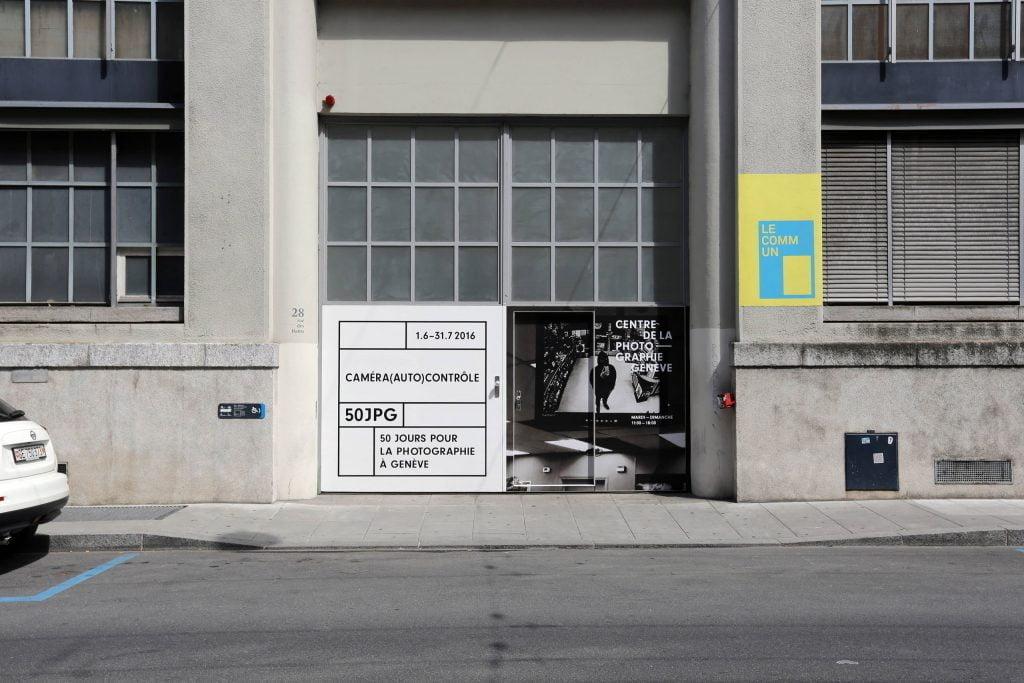
Centre de la Photographie is a kind of research laboratory based on presenting and thinking about modern photography. Founded in 1984, the Center has done major work on historical context and theory related to all photographic applications, bringing local photography to the forefront over the past two decades. The center hosts 4 or 6 photography exhibitions each year and publishes two or three books.
In addition, you can literally feel that you are in the capital of watchmaking by crossing the Mont Blanc Bridge to the other side of the city and seeing the floral watch design of the Jardin Anglais (English Garden).
